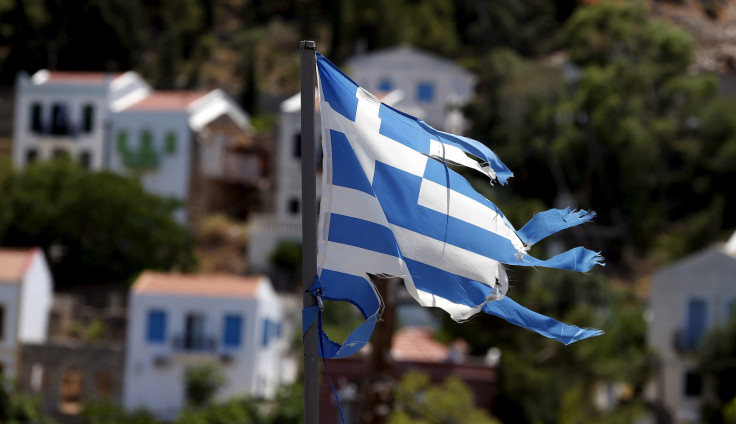Greece votes in knife-edge referendum as euro faces its biggest threat

Millions of Greeks are set to vote in the bailout referendum that will seal the fate of not only Greece but also the euro as the currency faces the biggest threat since its adoption.
Of the 11 million Greeks, nearly 9.5 million are eligible to vote with polls showing them equally divided.
The Greeks are being asked to vote either "Yes" or "No" in the referendum on the proposals made by international creditors for a bailout.
Polling stations opened at 07:00 am local time (04:00 GMT) and preliminary results are expected this (5 July) evening shortly after the polls close at 19:00.
In the week-long run up to the referendum, huge rallies were seen supporting both the sides with the leftist Prime Minister Alexis Tsipras lobbying for a "No" vote.
"On Sunday we should all send a message of democracy and dignity to the world," Tsipras told supporters at a rally.
Ever since Tsipras came to office five months ago, in the backdrop of a seven-year-long economic hardship, negotiations with international creditors have not yielded anything tangible. The talks culminated on 30 June with Greece defaulting on its IMF debt.
The last few days ahead of the referendum witnessed unending drama as Athens shut down banks and imposed capital controls.
On Friday, 3 July, Tsipras addressed nearly 25,000 supporters who turned up for a "No" campaign in Athens. A rival pro-eurozone rally attracted an estimated 22,000 protesters.
"As a Greek woman, I am embarrassed at those who are going to vote 'Yes' for fear of leaving the euro. They are asking us to accept unending slavery. I am offended," a 54-year-old teacher Tenekidou Ermioni told Reuters.
On the eve of polling day, Greek Finance Minister Yanis Varoufakis told Spain's El Mundo daily that the EU does have the legal powers to hurl Greece out of the single currency zone.
He said: "Why did they force us to close the banks? To instil fear in people. And spreading fear is called terrorism."
Wolfgang Schäuble softens
However, in a surprising turn of events, German Finance Minister Wolfgang Schäuble, one of the harshest critics of Greece and a hardliner in the negotiations, struck a somewhat conciliatory note on the eve of the referendum.
Hinting that even if Greece is out of the eurozone it could be temporary, he told German newspaper Bild: "Greece is a member of the eurozone. There's no doubt about that. Whether with the euro or temporarily without it: only the Greeks can answer this question. And it is clear that we will not leave the people in the lurch."
© Copyright IBTimes 2025. All rights reserved.






















